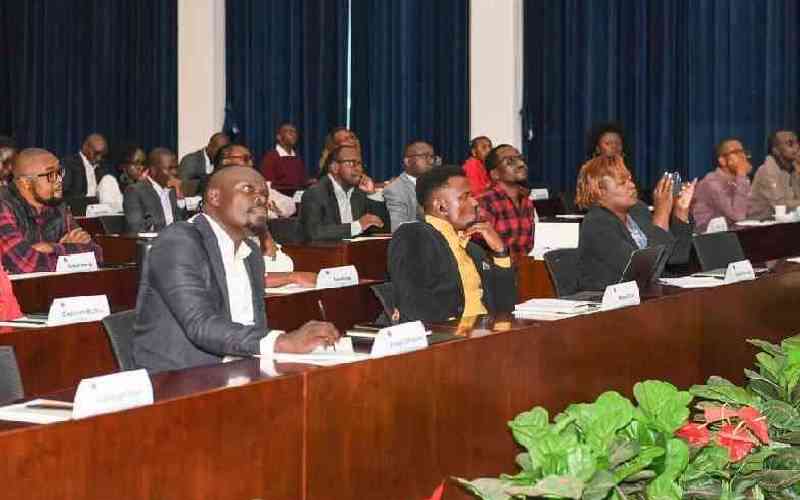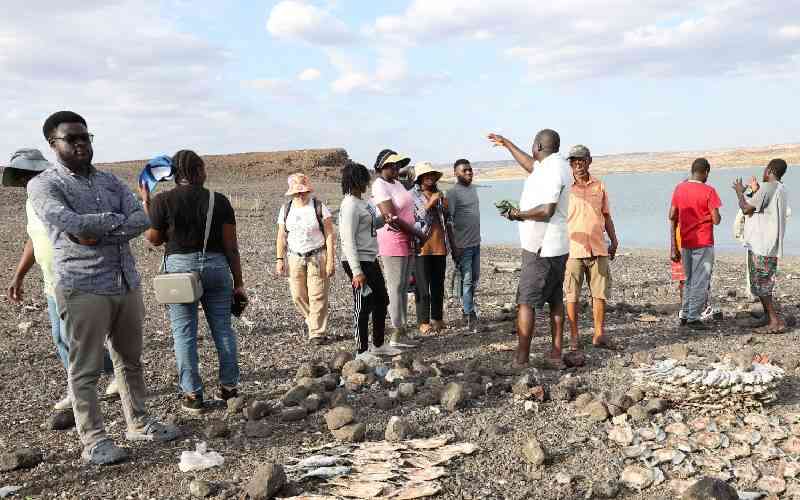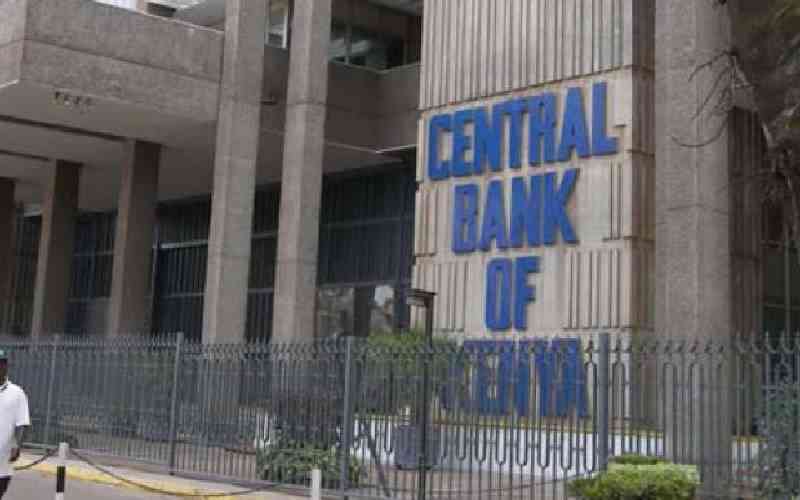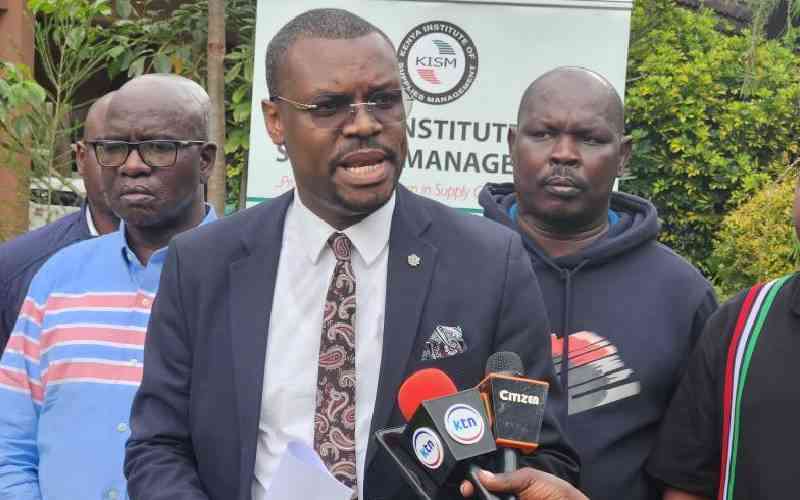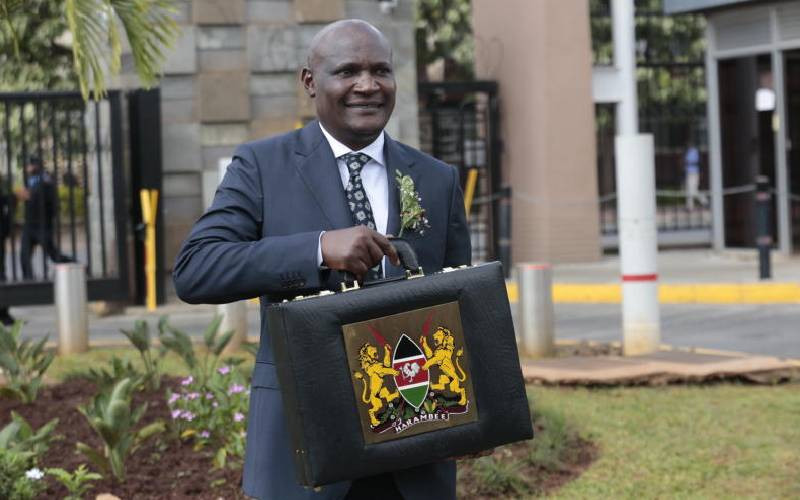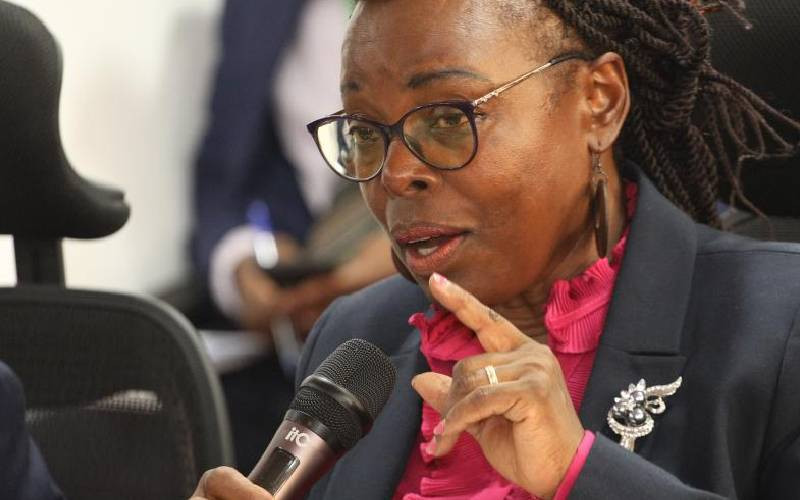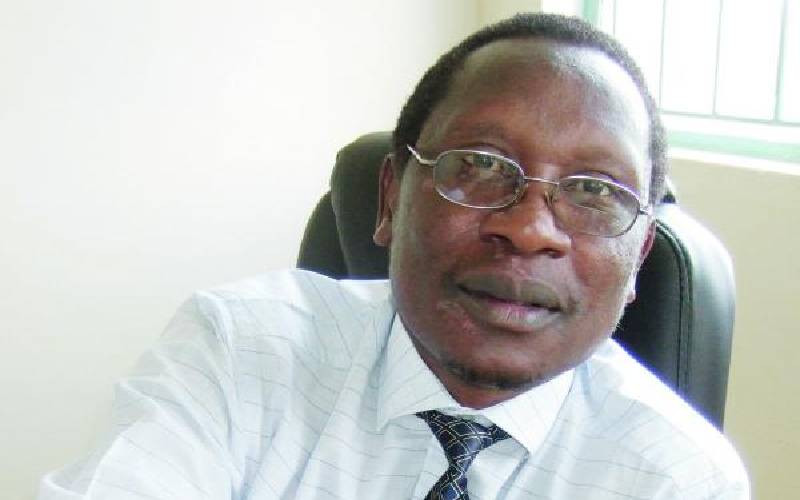
Not long ago, my friend David Maillu invited me to his Mathemboni residence. I was excited to visit what I can only describe as the shrine of this mysterious and enigmatic writer. By all measures, Maillu is an enigma. For more than five decades, he has remained one of the most prolific writers Kenya has ever produced.
When I was a master’s student at Kenyatta University, I once considered studying his works for my thesis. But I was quickly dissuaded. The argument was that he was “not a serious writer.” That judgment puzzled me. Long before I entered university, Maillu had already left an indelible mark on my literary journey. In high school, we read him with the guilty excitement of young people stumbling upon forbidden fruits.
My agemates will recall how we smuggled his books into classrooms and read them under our desks, risking punishment for our curiosity. Works like My Dear Bottle, After 4.30, and The Flesh were whispered about, devoured, and endlessly discussed. For many of us, Maillu was our first real encounter with Kenyan literature that was bold, unapologetic, and unafraid to confront taboos.
Yet to reduce Maillu’s contribution to those daring early works is to do him great injustice. His writing has traversed genres with an ease that few African authors can match. Beyond the provocative titles, he gave us popular stories like The Ayah, Rebecca, Mbaatha, and Thorns of Life, narratives that reflected the realities of ordinary Kenyans in ways that resonated deeply across generations. He even ventured into children’s literature, an area many writers avoid, and produced works that nurtured young imaginations.
Then came the adventurous Maillu, who stunned the literary world with The Broken Drum, reputed to be the longest novel ever published in Africa. That monumental achievement alone should have cemented his place in the canon of African literature. Yet critics often overlook him, preferring to celebrate writers who mirrored Western literary tastes. Through it all, Maillu has never stopped writing. His consistency and versatility remain unmatched. Few Kenyan writers can claim to have contributed as widely, from romance and popular fiction to philosophy, political commentary, and children’s stories.
My visit to Mathemboni was deeply moving. It was more than a casual stopover; it was a pilgrimage to a shrine of creativity. Mathemboni is not just a homestead; it is a vision realized in stone, wood, and spirit. The compound is adorned with art, books, and artifacts that capture both the restlessness and richness of Maillu’s imagination. Standing there, I was struck by how much this place could mean not only for Ukambani but for Kenya’s cultural tourism as a whole.
I have often wondered why the Machakos County government has not approached Maillu to transform Mathemboni into a literary and cultural attraction. Around the world, countries leverage their artists and intellectuals to build cultural heritage sites that attract tourists and inspire local pride. Why not Machakos? Why not Mathemboni? Here lies a gem waiting to be polished and showcased to the world.
Last weekend, I made another foray into Ukambani. I returned to Machakos in search of adventure, spending two days exploring the town and its surroundings. Ukambani fascinates me. It is a landscape of mystery, history, and resilience.
It is no coincidence that I set my novel, Shadows of Love, in Ukambani. The stories of the people, the rhythm of the land, and the resilience of its communities have always spoken to me.
And yet, beyond the famous Korokocho nyama choma joint in Machakos town and the striking statue of freedom fighter Muindi Mbingu, there was little to hold my attention as a visitor.
I found myself thinking again of Mathemboni, of its potential to become the kind of cultural magnet that would draw scholars, artists, and tourists from across the globe.
Machakos County can, and should, do better. Here is a county that has given birth to one of Africa’s most prolific writers, a man who has carried the name of Kenya across the globe through his books. Yet his genius is celebrated more abroad than at home. Imagine the possibilities if the county government were to partner with him: literary festivals in Mathemboni, school tours, creative writing workshops, exhibitions of African art, and cultural retreats. All this is possible. What is lacking is vision.
David Maillu is more than a writer. He is a cultural institution, a living archive of Kenyan imagination. He represents the magic of Ukambani, bold, innovative, and resilient. To ignore his legacy is to squander a rare gift.
As I walked through Machakos town last weekend, I could not shake the feeling that the county is sitting on untapped gold. Ukambani’s story is waiting to be told, and Maillu has already provided the script.
Stay informed. Subscribe to our newsletter
What remains is for the county leadership to recognise this treasure and turn it into a beacon of cultural pride.
